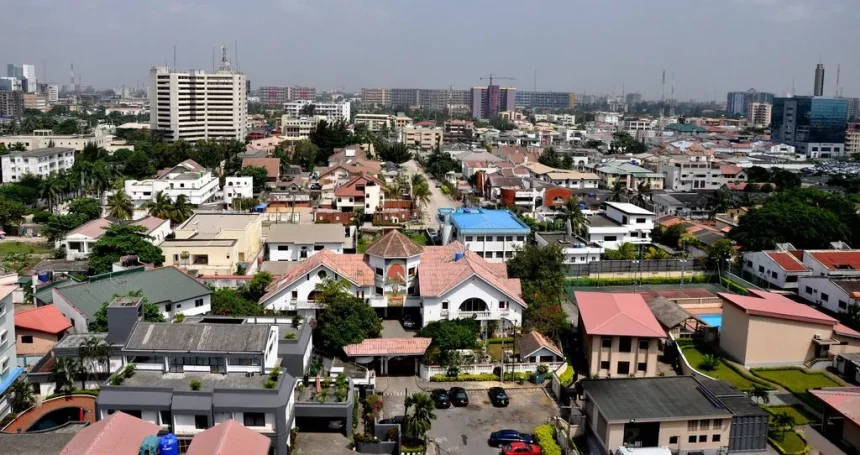As Nigeria grapples with economic slowdown, there’s a pressing need to address the issue of dead capital to stimulate growth.
Dead capital, which includes underutilized infrastructure, unproductive land, and abandoned projects, represents a significant untapped resource for economic development.
According to experts, unlocking dead capital could lead to a hypothetical 25 percent increase in titled land, potentially skyrocketing GDP by enhancing agricultural productivity and attracting investments.

Hernando de Soto, in his seminal work “The Mystery of Capital,” emphasizes that the lack of formal titles prevents these assets from contributing to economic growth.
Chudi Ubosi of Ubosi Eleh + Co highlights Nigeria’s vast stock of dead capital, citing over 56,000 abandoned projects across the country. Despite efforts such as the establishment of the Ministry of Finance Incorporated (MOFI) and the National Land Reform Commission (NLRC), challenges persist due to unclear property rights and informal land ownership.
READ ALSO: Bankers Criticize Central Bank’s Capital Guidelines Over Retained Earnings Exclusion
To unlock this potential, there’s a call for collaborative efforts involving governments, communities, and stakeholders. Governments must recognize land as a factor of production and streamline the titling process. Leveraging technology, such as digital mapping and blockchain, can enhance land administration and governance.
READ ALSO: Governor Sanwo-Olu Welcomes Nigerian Who Drove from Lagos to London
Furthermore, access to finance is crucial, with proposals to use formalized land as collateral and develop alternative lending models. Microfinance initiatives can be tailored to utilize informal assets as collateral, promoting financial inclusion and unlocking capital for entrepreneurs.
In a bid to revitalize the economy, Nigeria must prioritize reforms aimed at unlocking dead capital, thereby tapping into a reservoir of untapped economic potential.



